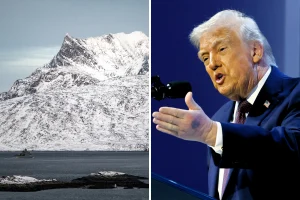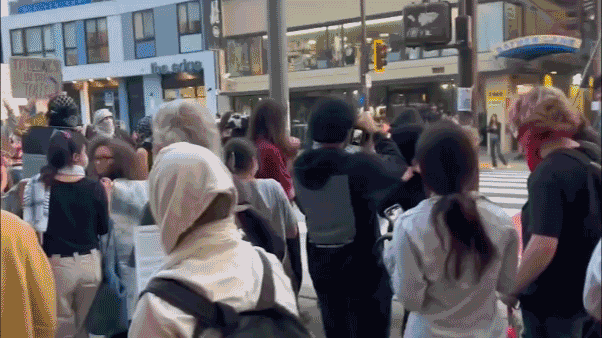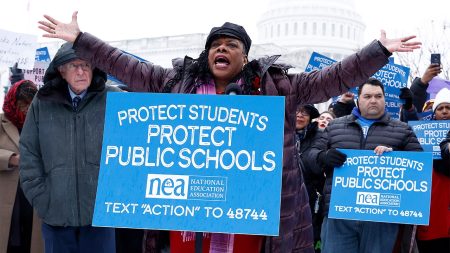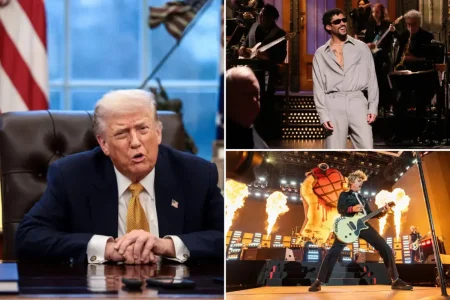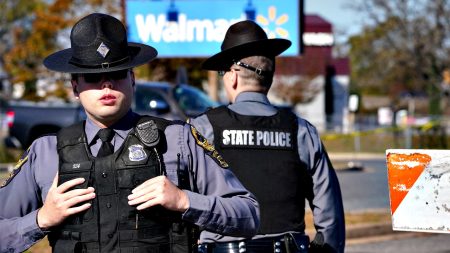Violence Erupts Outside UC Berkeley Ahead of Turning Point USA Event
In a troubling escalation of political tensions, a violent confrontation broke out Monday afternoon near the University of California, Berkeley campus, where Turning Point USA (TPUSA) was preparing to host its final “This Is The Turning Point” tour event. The scheduled program, featuring Dr. Frank Turek and comedian Rob Smith, came under a cloud of tension as protesters and supporters clashed in the streets adjacent to the campus. This incident is particularly poignant coming just two months after the shocking assassination of TPUSA founder Charlie Kirk at a campus event in Utah, which had already heightened concerns about political violence at university venues. As blood spilled on the pavement and police struggled to maintain order, the scene became a stark reminder of the increasingly volatile nature of political discourse in America’s educational institutions.
The confrontation, which erupted around 4:30 PM Pacific Time, quickly descended into chaos as two men engaged in a physical altercation that left one bleeding profusely from his face. Fox News Digital captured footage of the melee, showing a crowd of agitators surrounding the fight, many wearing keffiyehs (traditional Middle Eastern scarves) and carrying signs with progressive messaging. The local police response intensified as officers donned protective shields and readied batons in an effort to regain control of the situation. By early evening, authorities confirmed at least two arrests had been made, with one individual specifically charged with battery. While the full extent of injuries remains unclear, the visible bloodshed painted a disturbing picture of political animosity boiling over into physical violence.
The university was quick to distance itself from the altercation, with a UC Berkeley spokesperson emphasizing to Fox News Digital that the fight did not occur on official campus grounds. This territorial distinction, while technically accurate, does little to address the broader concerns about the safety of controversial speakers and events in university settings. The incident raises important questions about the boundaries of free speech, the responsibilities of educational institutions, and the appropriate measures for ensuring safety at politically charged events. As universities grapple with balancing open discourse against security concerns, incidents like this one highlight the challenges of maintaining spaces where opposing viewpoints can be expressed without fear of violence.
For Dr. Frank Turek, a Christian author and mentor to the late Charlie Kirk, the Berkeley event held special significance. In an interview prior to the violence, Turek revealed that of all the tour stops, Berkeley was the one he had specifically chosen to attend alongside Kirk. “If I could go to any one event with him, it would be that one,” Turek explained, citing Berkeley’s progressive reputation as precisely why he wanted to present evidence supporting Christian beliefs in that environment. This desire to engage with opposing viewpoints in their stronghold reflects the tour’s broader mission of challenging dominant narratives on college campuses – a goal now overshadowed by the violence that preceded the event.
The timing of this confrontation carries particular weight coming so soon after Kirk’s assassination. The September 10 killing of the TPUSA founder sent shockwaves through political circles and raised alarms about targeted violence against political figures. That TPUSA would continue its campus tour despite such a traumatic loss speaks to the organization’s commitment to its mission, even as the Berkeley incident demonstrates the real dangers involved. The contrasting images are striking: while TPUSA reported drawing 2,000 attendees at its first post-assassination event, suggesting strong continued support, the bloody confrontation outside Berkeley serves as a sobering reminder of the hostility that remains.
As America approaches a contentious presidential election, the Berkeley incident represents a microcosm of the nation’s broader political tensions. What should have been an opportunity for intellectual debate and the exchange of ideas instead devolved into physical violence before the event could even begin. While the specifics of what triggered the confrontation remain unclear, the visual of bloodied participants and police in riot gear outside a university event speaks volumes about the current state of political discourse. For universities, political organizations, law enforcement, and everyday citizens, the challenge ahead involves finding ways to de-escalate tensions and create spaces where differences can be explored without resorting to violence. Until then, events like the one at Berkeley risk becoming flashpoints for conflict rather than forums for the free exchange of ideas that universities have historically championed.
